Search Results
Showing 1 - 20 of 218
218 results found
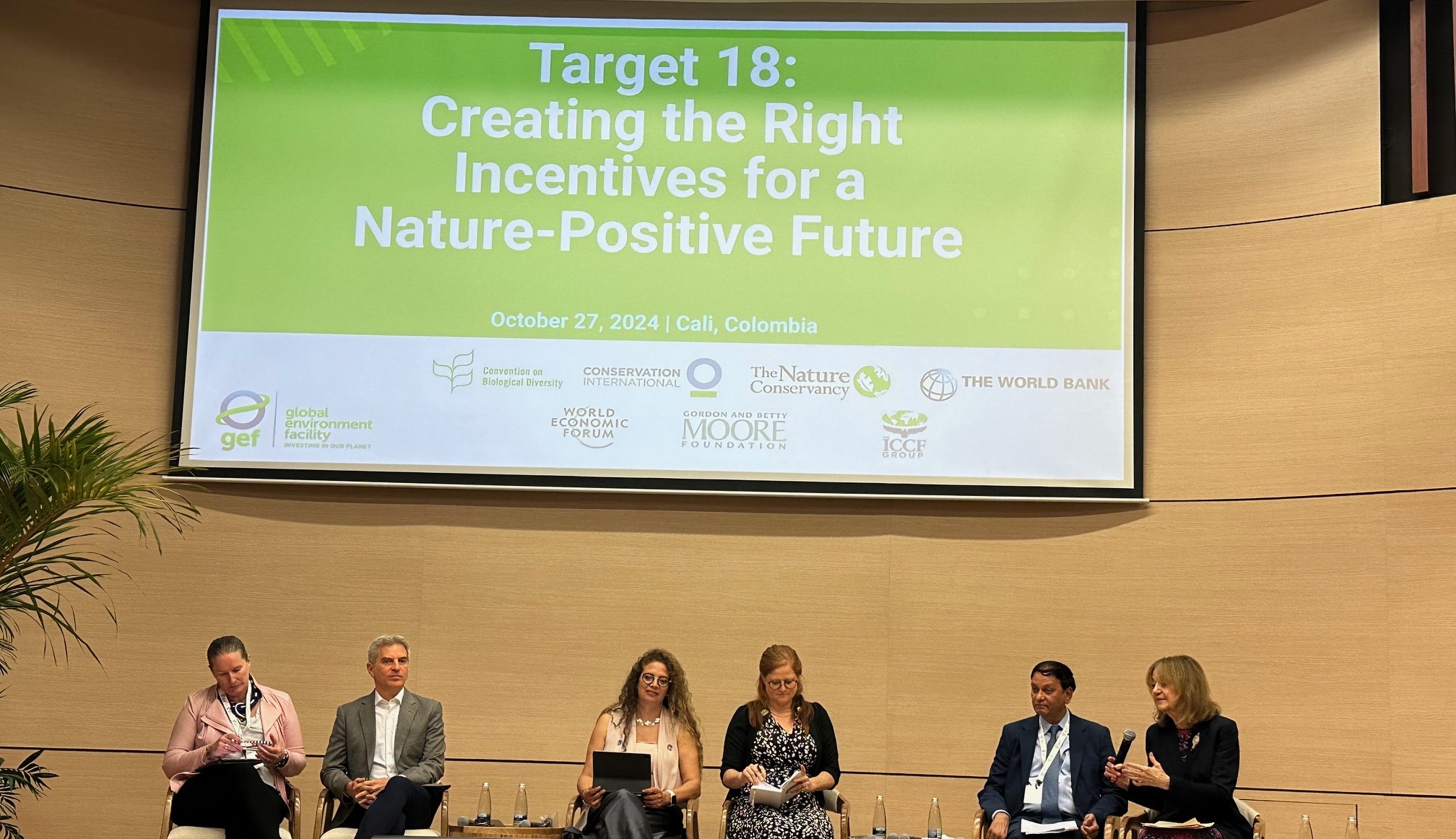
Photo caption: High-Level Panel during the Target 18 event.

Anne Musotsi is a Programme Management Assistant with the Scientific and Technical Advisory Panel (STAP) focusing on Communication, Knowledge Management and overall Programmatic support to the STAP Panel and Secretariat on cross-cutting topics.
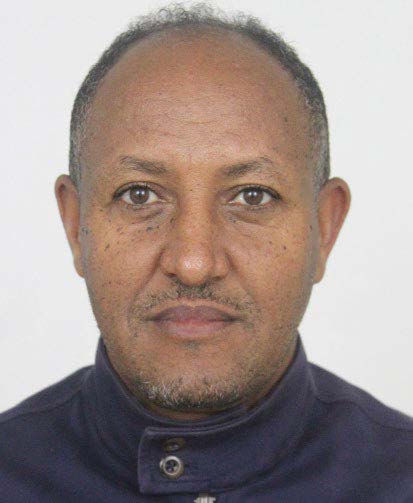
Dr. Ermias Betemariam is a land health scientist at the Centre for International Forestry Research – World Agroforestry (CIFOR–ICRAF). His research focuses on land degradation and restoration, soils, and spatial science to understand land health constraints, target interventions, and influence policy.
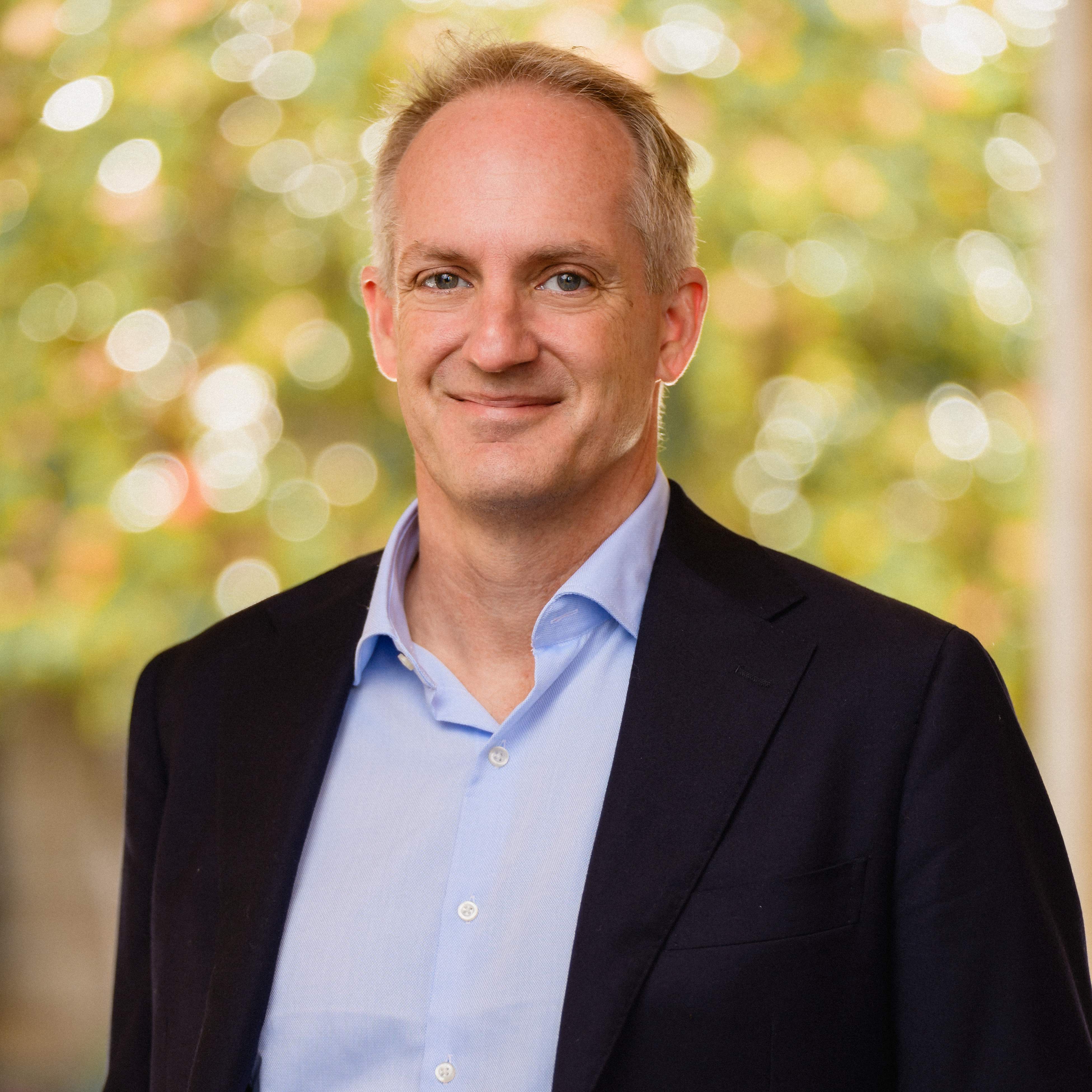
Jon Barnett is a human geographer in the School of Geography, Earth and Atmospheric Sciences at the University of Melbourne. Jon’s research investigates social impacts and responses to environmental change.

Report of the Chair of the Scientific and Technical Advisory Panel to the 67th GEF Council Meeting
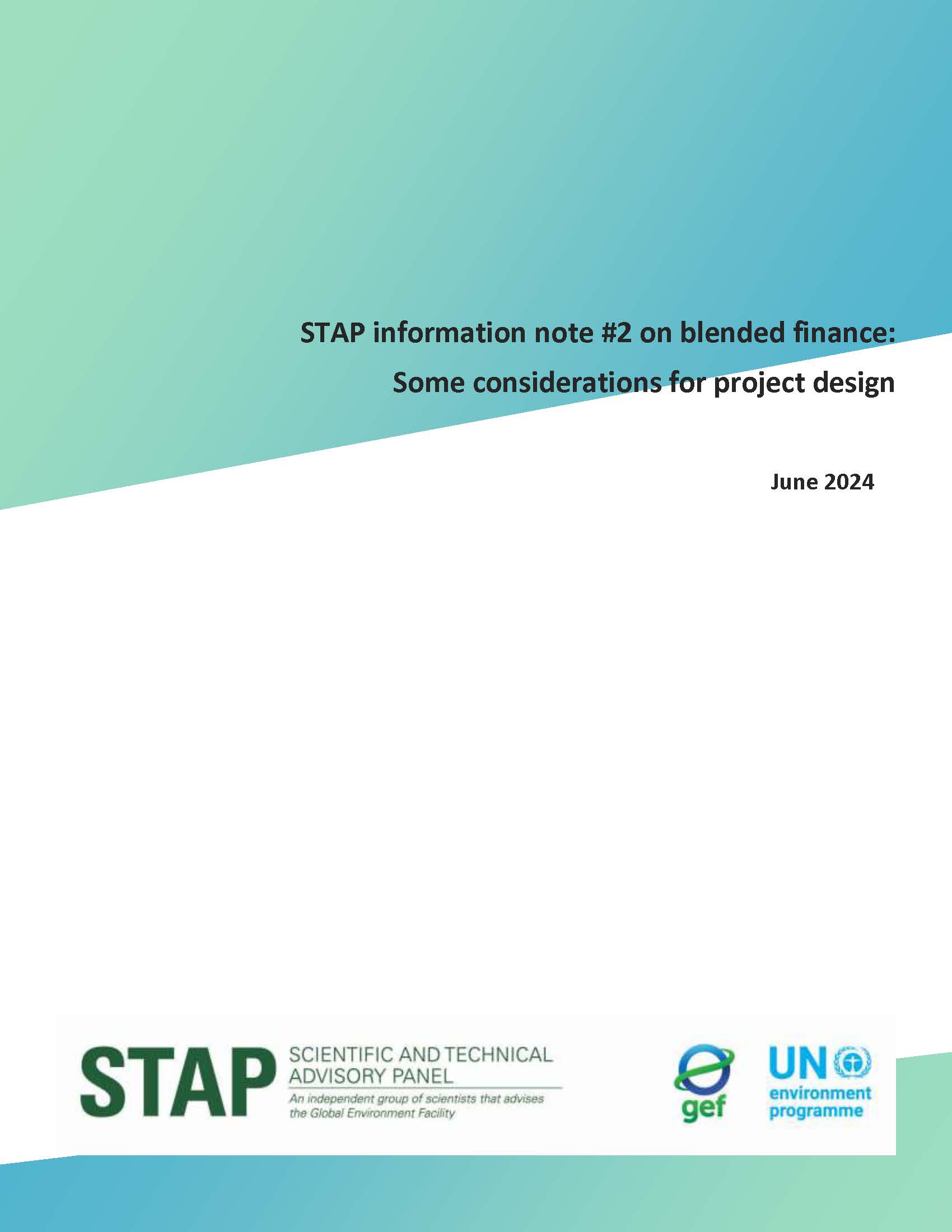
This STAP Information Note #2 on blended finance follows the Information Note #1 published in February 2024.
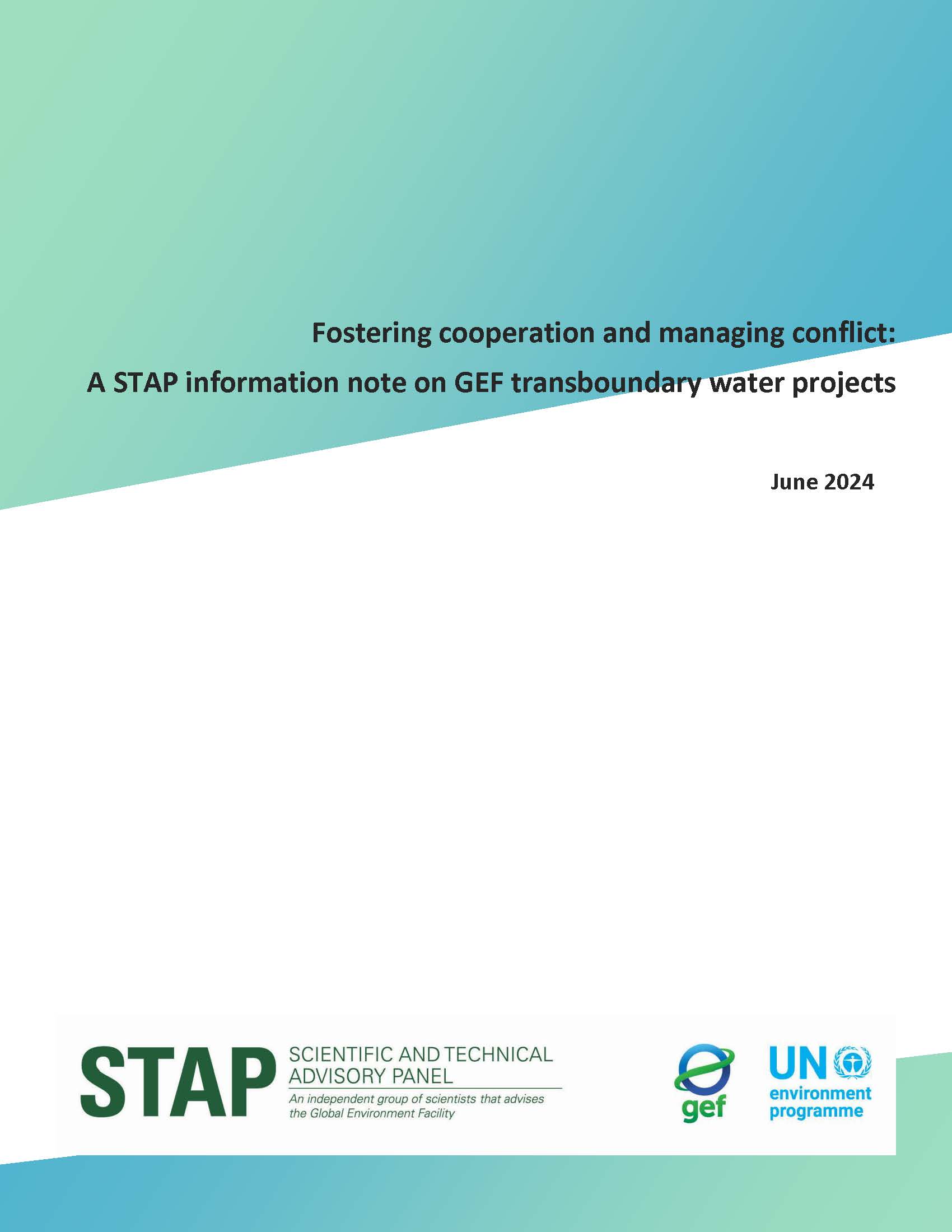
The GEF has been investing in transboundary water cooperation for three decades, supporting the shared management of fresh and marine water resources that are rich in biodiversity and provide essential ecosystem services, but face numerous threats.

The GEF Trust Fund seeks to deliver global environmental benefits (GEBs): conserving and sustainably using biodiversity, reducing greenhouse gas emissions, strengthening transboundary water management, reducing chemicals and waste, and sustainably managing and restoring land.
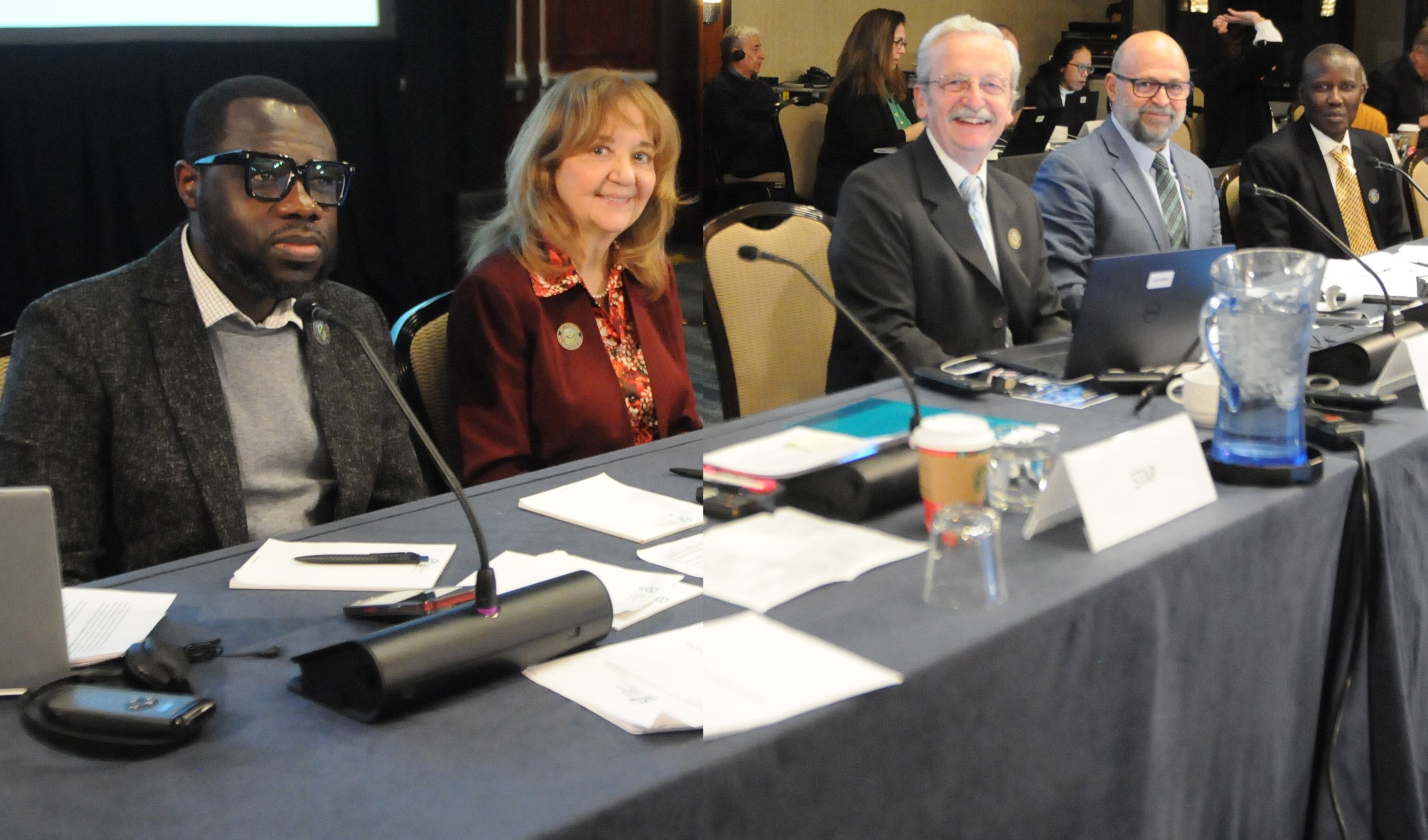
The Chair of the Scientific and Technical Advisory Panel (STAP), Dr. Rosina Bierbaum, presented the report of the Panel to the 66th meeting of the Global Environment Facility (GEF) on February 7, 2024.
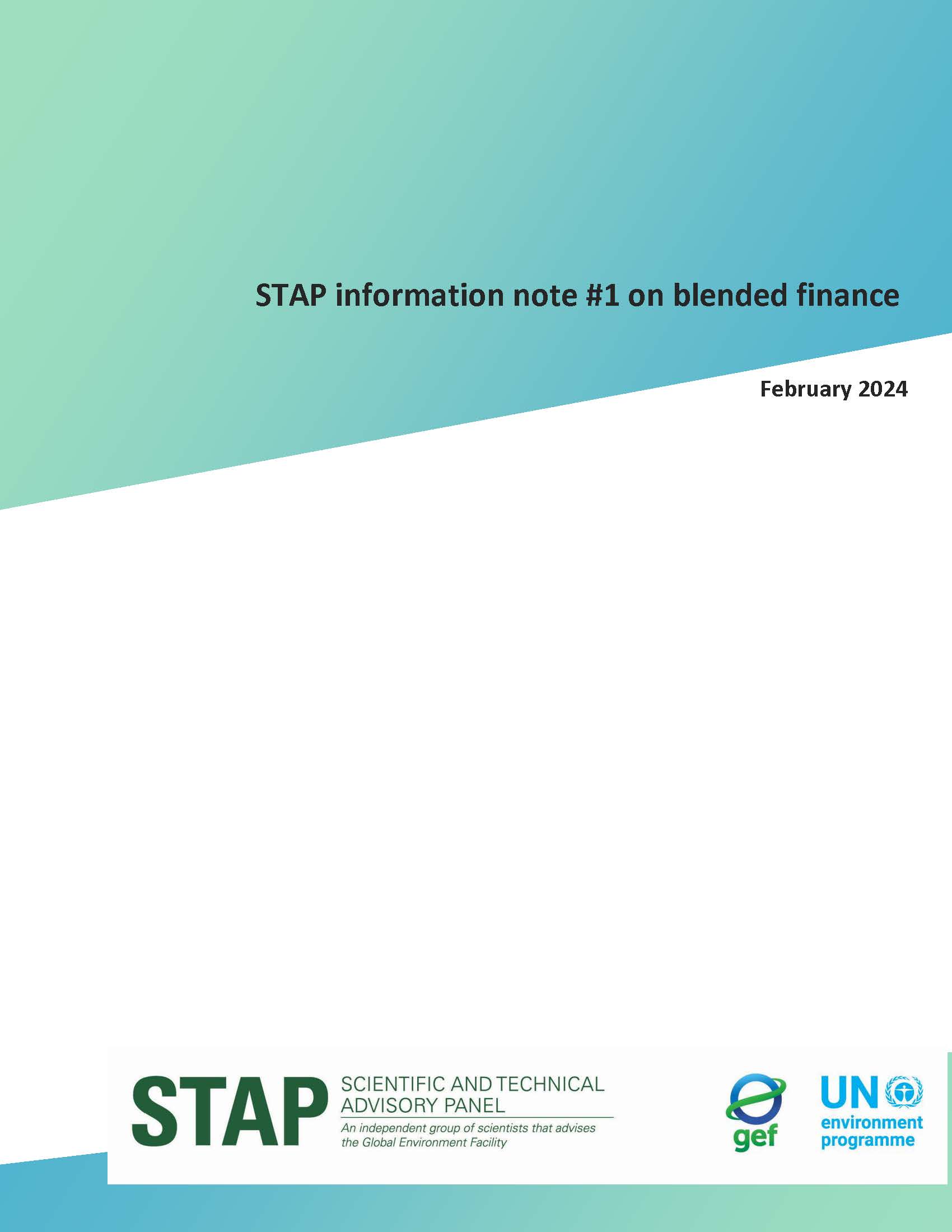
Global demand for sustainable development finance exceeds available public funding many times over, placing increasing expectations on the GEF to attract private capital for global environmental benefits. Early GEF investments focused on climate change mitigation areas, including renewable energy and energy efficiency.

This report to the GEF Council was presented by Rosina Bierbaum, STAP Chair. It provides an update on STAP's work since the last Council Meeting.
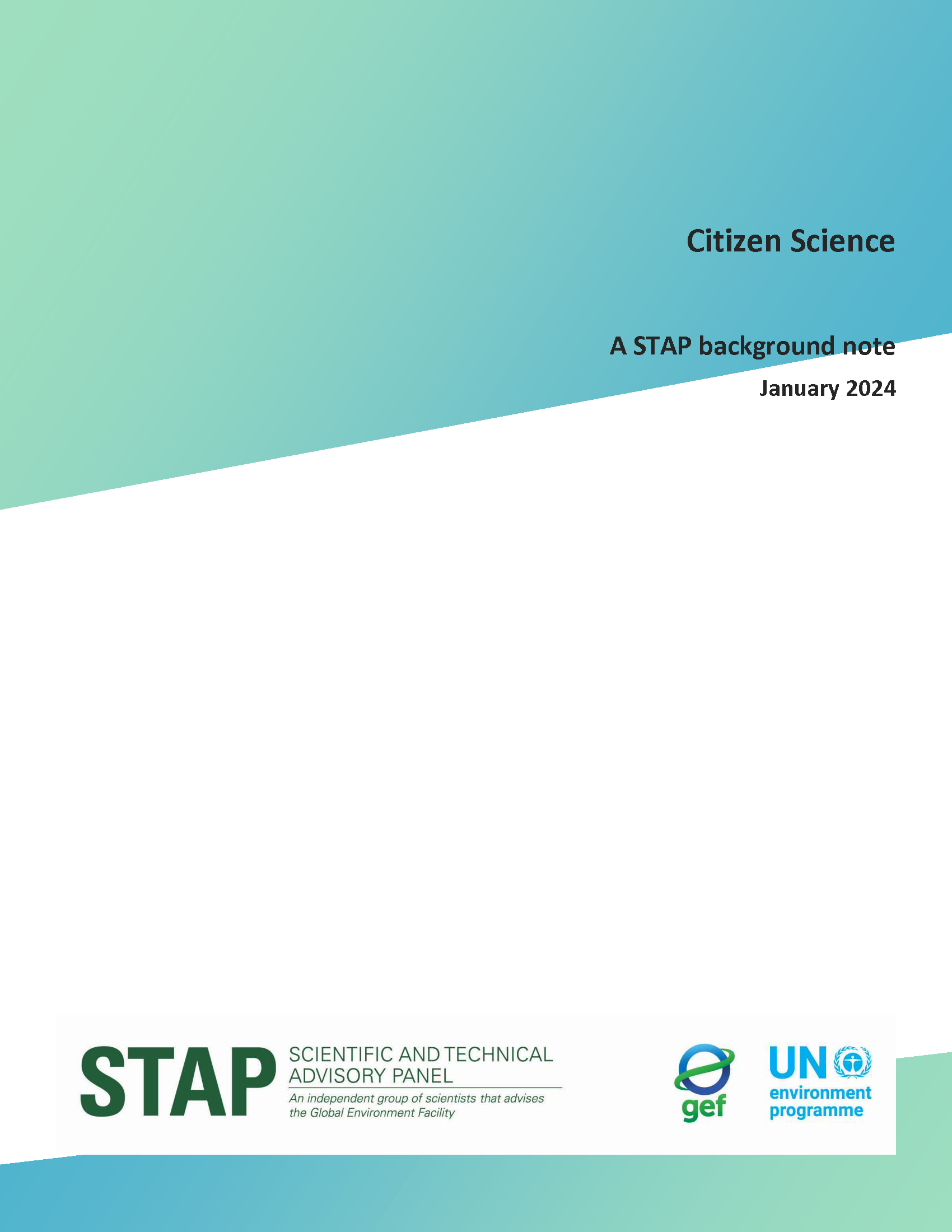
The rapid pace of global change requires a “whole-of-society” approach to harness scientific understanding to anticipate, adapt, and innovate in addressing environmental degradation, which can often be achieved more effectively if done in partnership with those outside professional and scientific circles.
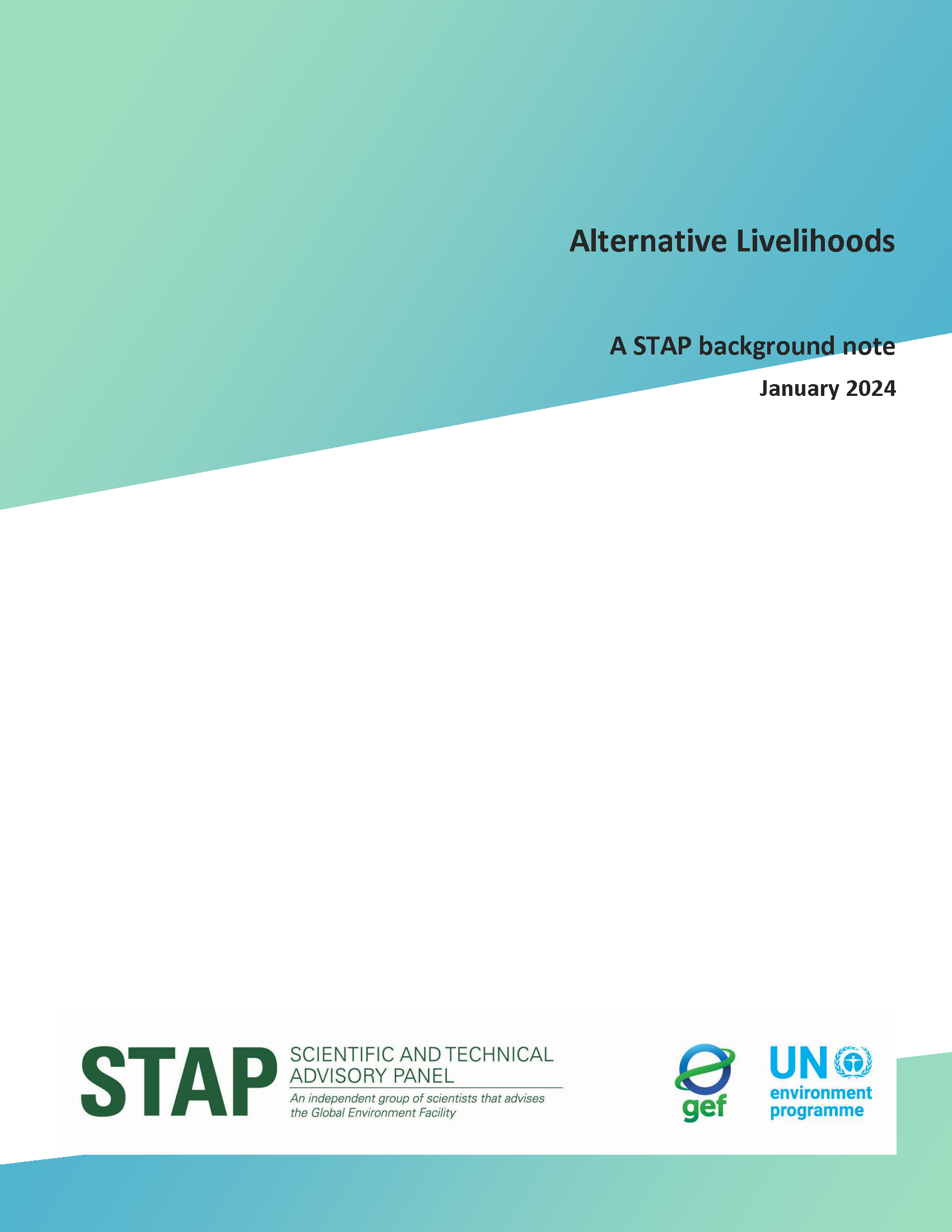
AL approaches have been used in GEF projects mostly to reduce environmental harms associated with livelihood practices or, to a lesser extent, to encourage shifts to livelihoods that are more resilient to climate change.
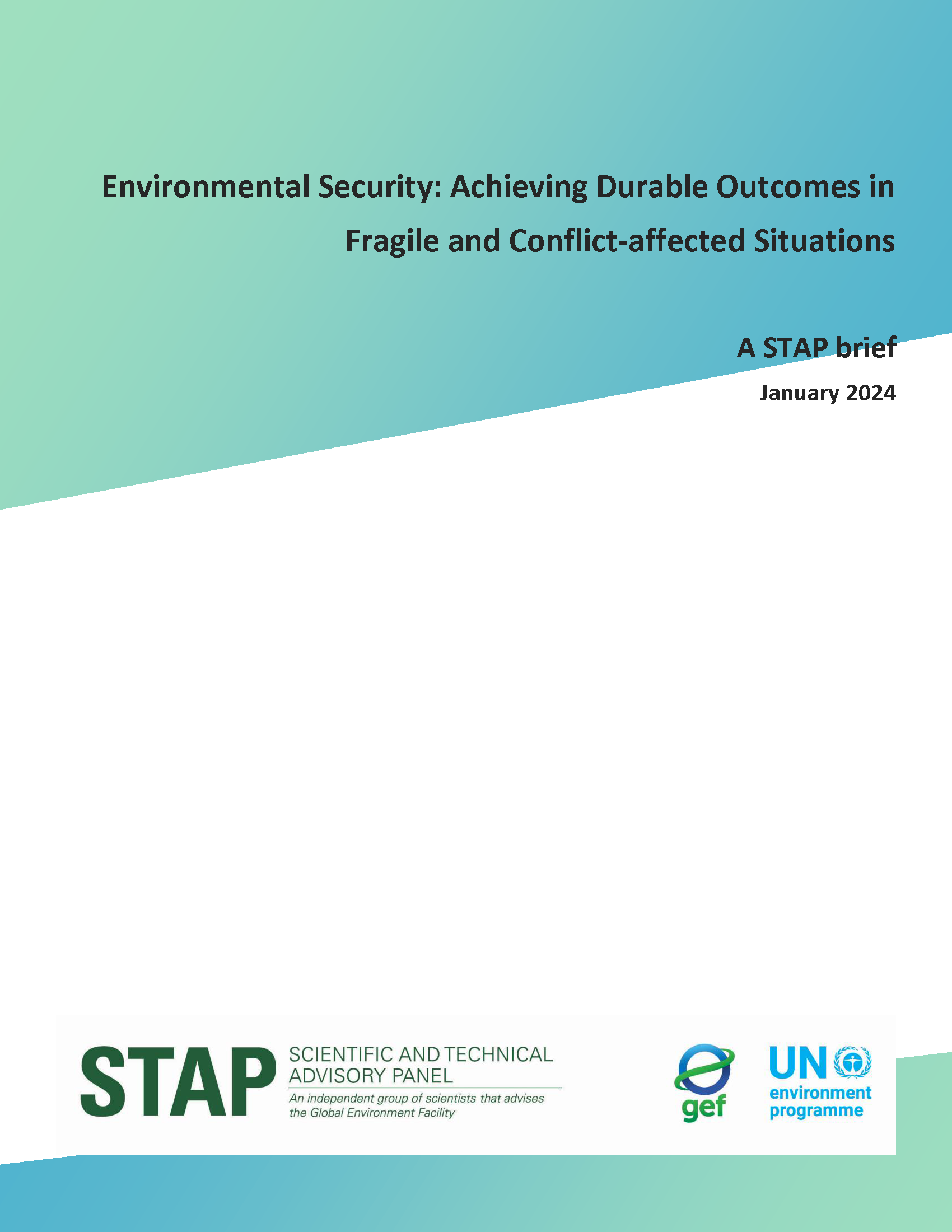
Many of the places facing the greatest environmental problems also confront challenges related to conflict and/or state fragility, so called fragile and conflict-affected situations (FCS), with implications for GEF project operations and outcomes.
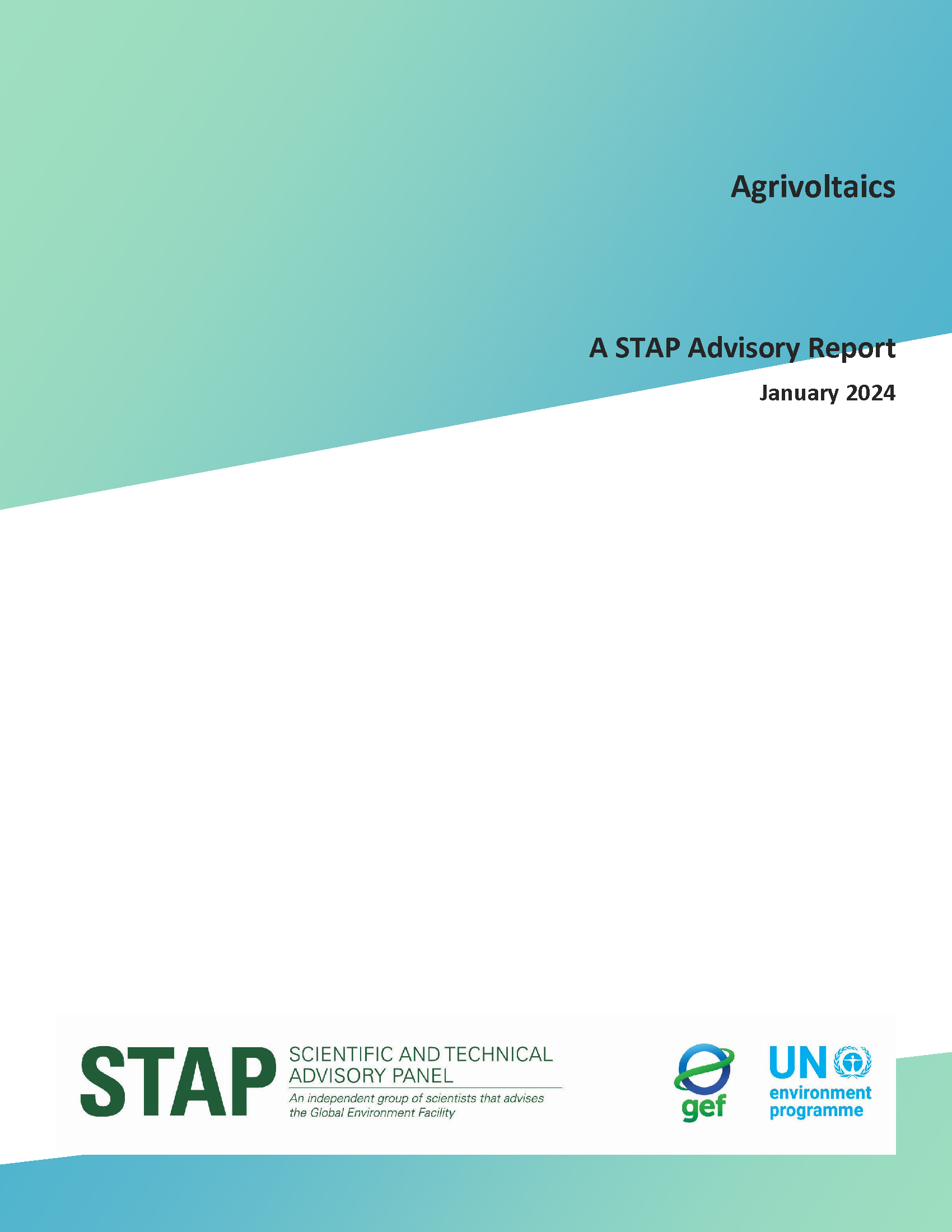
The STAP paper on agrivoltaics (AV) provides background information on an emerging innovative and effective solution for addressing issues of land competition between food and energy.
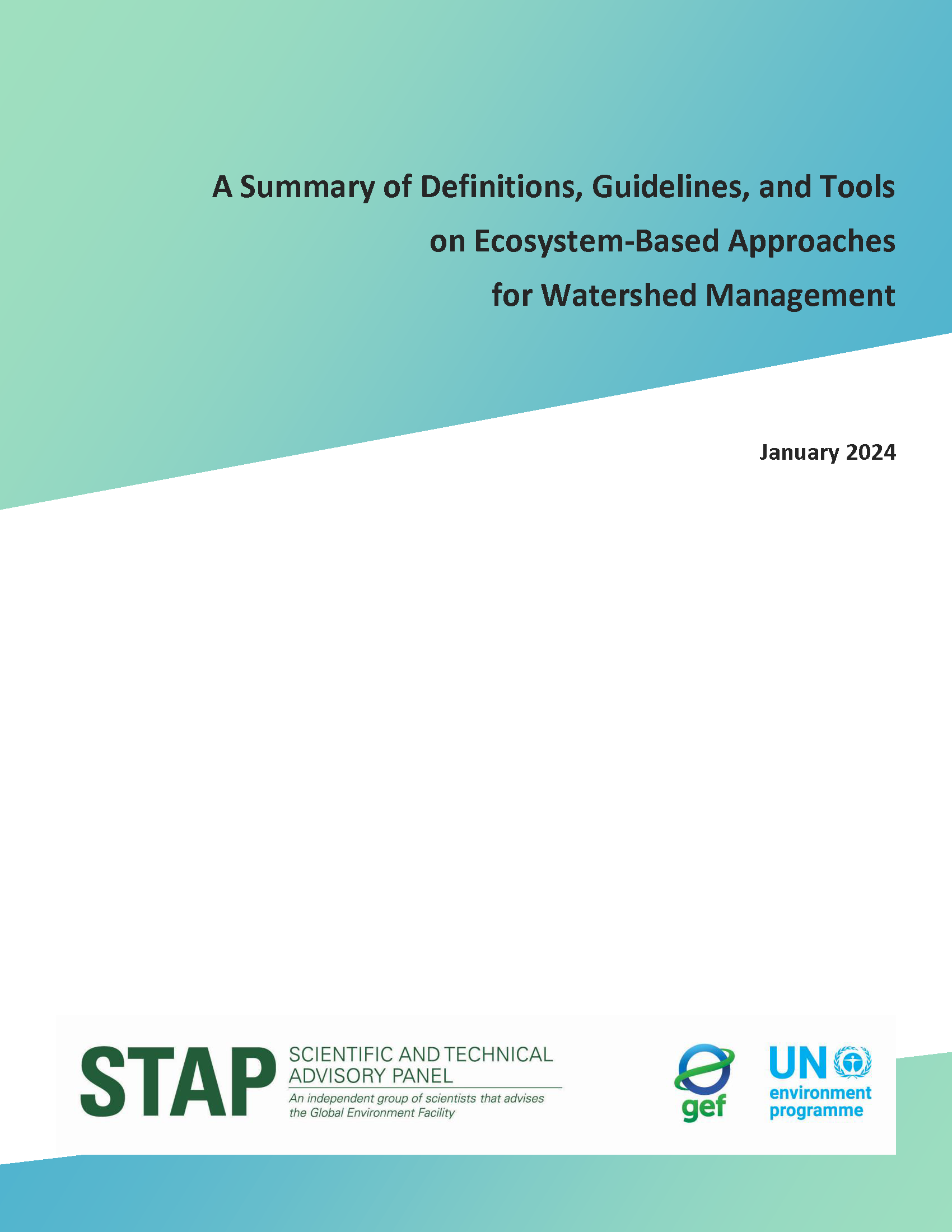
STAP prepared this note summarizing definitions and guidelines on ecosystem-based management to support consistent understanding and implementation of the term. The note responds to a recommendation to STAP by the Independent Evaluation Office of the GEF to provide this summary.
The Scientific and Technical Advisory Panel (STAP) to the Global Environment Facility (GEF) organized a Science Day event at the Seventh GEF Assembly in Vancouver, Canada, on 22 August 2023.
Showing 1 - 20 of 218






